Resources from Daffern Law Firm
Downloads

Articles
Let’s talk about what a lien is, why contractors should take advantage of them, and how to implement a simple five-step system that can protect you and your organization.
Implementing a simple mechanic lien system can make receiving payment a breeze while offering numerous other benefits. Ranging from clear deadlines, improved time management, easy new employee training, and the reinvestment of funds, choose to adopt a simple mechanic lien system.
A career as a contractor is a busy one and there are four common mistakes contractors make: no contracts, no standardized contract addendums, no accountability systems, missing lien deadlines, and missing opportunities for reinvesting in the organization. Read to see how you can avoid these mistakes in your own business.
There are a number of situations where you should involve your attorney in the mechanic lien process. Most notably, when it is time to foreclose on the lien, a complicated property title exists, a property owner files for bankruptcy, or general legal concerns.
A contract is a legally binding agreement between two parties. Here’s what you need to have in yours.
Marketing can help new customers find you and make sure you attract the right kinds of customers.
We outline a few simple steps that can get you on the right path to developing your own basic risk management system.
Internet forms come from various sources, and you have no way of knowing if they suit your needs. We recommend consulting with an attorney, not getting a contract off the internet.
Disputes are inevitable in business, no matter your industry, but having a set of standard contract clauses can help reduce your risk of going to court. The following contract clauses are great to have in your back pocket during any contract negotiation.
When a subcontractor files for bankruptcy, it can disrupt an entire project and leave the other contractors in a lurch, scrambling to find a replacement. If a subcontractor files for bankruptcy, you may get paid eventually, but it will depend on the legal steps you have taken before the subcontractor filed.
Retainage is a system to keep parties on a project honest about the work they provide. Unfortunately, it doesn't always work seamlessly. Read to learn how to manage retainage as a subcontractor.
Knowing how to prevent legal disputes and approach them when they arrive can make a significant difference to your business's ability to flourish. Read on to learn more about our strategies for avoiding court battles.
Whether you’re starting a new business or just looking for ways to grow your established business, you should assemble an advisory team to look out for your interests and help you achieve your growth goals. That team should include an accountant, banker, insurance expert, and attorney.
Natural disasters, emergencies, and acts of god can have a devastating impact on a construction project. In this article, we’ll discuss steps you can take to manage a project that’s experiencing supply chain strains.
Before you start exercising your mechanic lien rights, you need to know whether the work you’re performing is lienable. In this article, we’ll share some information about how to determine your lien eligibility, plus examples of when you may or may not want to exercise your lien rights.
On September 15, 2020, Eric Daffern will appear as a guest on The Cashflow Contractor podcast to talk about how standardized systems help contractors manage their primary risks and protect their businesses.
Finding a reputable insurance agent that understands the risks your construction business faces is one of the best steps you can take in creating your own insurance system.
A detailed contract is the single best way for your construction company to avoid future litigation and issues with non-payment. Read on to learn the benefit of standard addendums and how to create a negotiation system that works for you.
The scope of work defines what you’re obligated to do to fulfill a contract and the dates that you should complete those obligations. Read on to learn the consequences of an unclear scope of work.
Contracts help your business make money and stay out of court. Read on to learn the top 4 reasons why you need to be using contracts.
If you're seeking to make money and protect your business interests, then written contracts are the way to go. Read on to learn the benefits of contracts and why you should include indemnity clauses.
If and when you come into a disagreement during a project, there are a number of dispute resolution strategies that you can use to reach a satisfactory resolution. Read on to learn about mediation and arbitration, two popular dispute resolution strategies.
If you’re like many others in the construction industry, you may be wondering whether you can claim temporary or permanent relief under a force majeure clause because of the COVID-19 pandemic. Read on to learn more about how and when to use a force majeure clause.
Contractors have standard remedies that they can take advantage of when a subcontractor defaults, but what protections does a subcontractor have if the contractor defaults? Subcontractors can and should include provisions and remedies that protect them if a contractor defaults. In this article, we’ll look into some standard provisions that you should consider including in every contract.
Contracts are an essential tool for maintaining friction-free business relationships. They lay out clear guidelines for what each party agrees to do and create a legal obligation for each party to follow through on that agreement. In this article, we’ll review defaults, contractor remedies, and some standard provisions you should include in your contracts to minimize the effects of contractor remedies.
Having a system in place for collecting all of the critical information that you may need to file a lien, for every project your company works on, is essential. This article shares a simple procedure for collecting project information, so you never have to risk relying on your blurry memory.
Creating and implementing a simple lien system sets construction companies up to file liens successfully, should they need to. This article explains the culmination of your lien system: filing lien statements.
Creating and implementing a simple lien system sets construction companies up to file liens successfully, should they need to. This article explains the culmination of your lien system: filing lien statements.
Liens help construction companies collect money they’re owed for work completed on real property in Oklahoma. With simple lien systems, construction companies can quickly and easily determine whether they need to file pre-lien notices and file them before the mandatory deadline passes.
Systems are an effective way for those in the construction business to avoid their two primary risks: not getting paid and getting sued. A construction company with risk management systems in place will have consistent results, and thus, consistent profits. Plus, these companies are at a reduced risk of litigation.





































